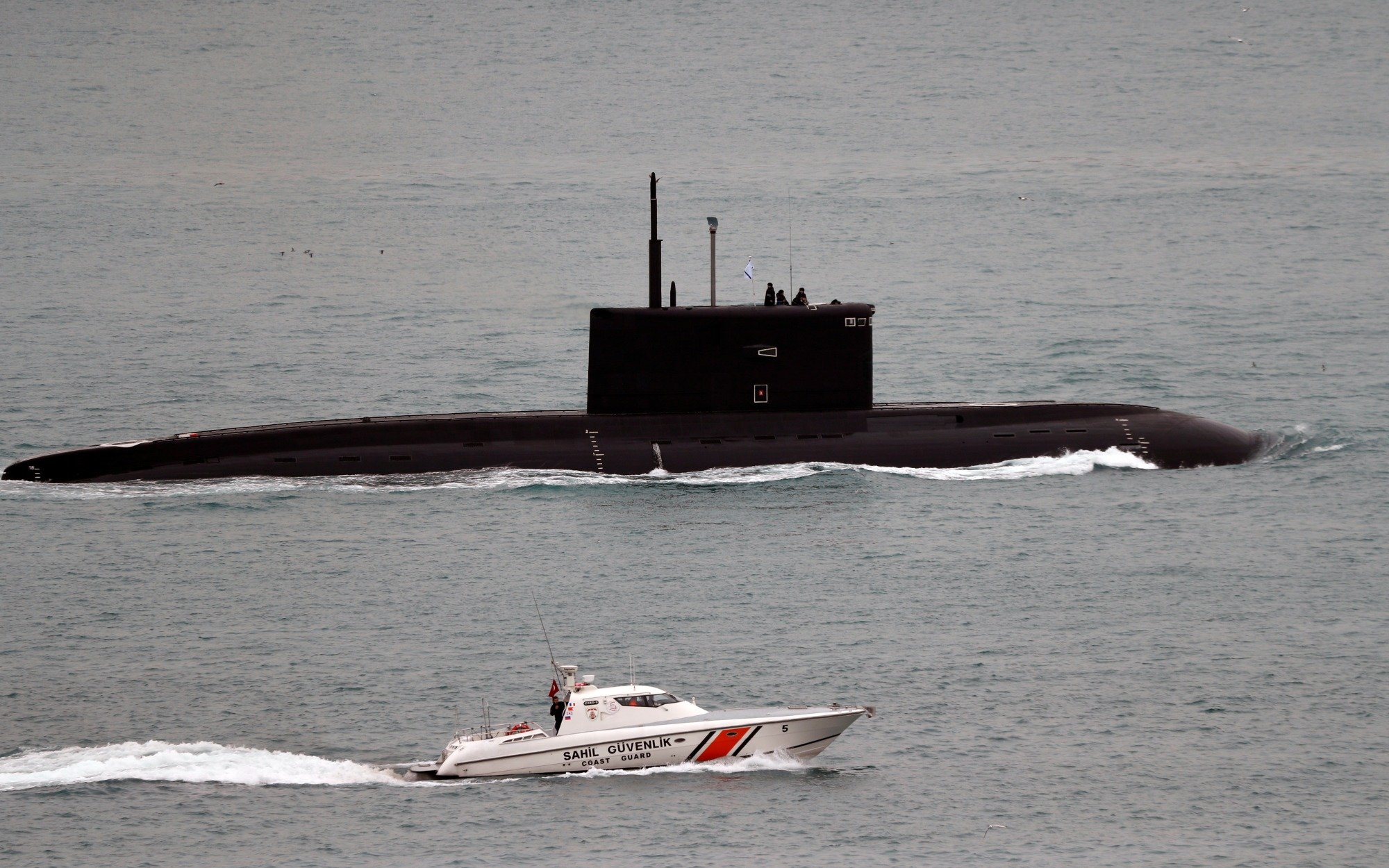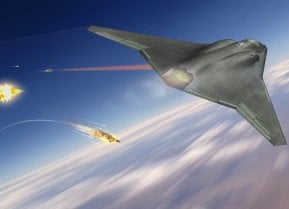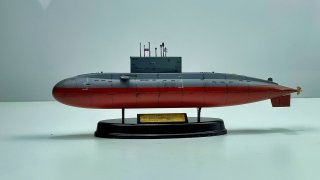Russia Wants to Start Selling Kilo-Class Submarines Again
Russia is looking to export its Project 636.1 Varshavyanka (Improved Kilo-class) diesel-electric submarines, which have already been sold to countries like Vietnam and Algeria.
Key Points: Russia is looking to export its Project 636.1 Varshavyanka (Improved Kilo-class) diesel-electric submarines, which have already been sold to countries like Vietnam and Algeria.
-With a focus on expanding its presence in the "Global South," Moscow sees potential markets for these submarines, particularly as many nations invest in enhancing their naval capabilities.
Sinking Feeling? The submarines, known for their quiet operation and regional effectiveness, could also receive upgrades and repairs from Russia. Moscow's move to promote these subs may help offset its limitations in larger warship production.
Russia is Set to be a Submarine Exporter?
The Russian Navy continues to operate a sizeable fleet of advanced nuclear-powered as well as diesel-electric submarines – and while it is doubtful it will ever operate large warships again, as its flagship aircraft carrier Admiral Kuznetsov remains in an endless refit, the Kremlin has continued to produce new subs. Moscow may now seek to find foreign buyers for its Project 636.1 Varshavyanka multirole diesel-electric subs.
Russia has already produced eight of the boats – known to NATO as the Improved Kilo-class – for export, with six now in service with the Vietnamese Navy and two more in service with the Algerian Navy. The submarines are a modernized variant of the Project 877 Paltus-class (NATO reporting name Kilo).
"Our submarine of Project 636.1 has all the chances to be in demand, considering its combat capabilities and general performance characteristics as compared to foreign peers," Director of the Federal Service for Military-Technical Cooperation Dmitry Shugaev told state media outlet TASS at this week's Army 2024 Military and Technical Forum.
The director also suggested that there is growing interest in numerous nations in the "Global South" to increase their respective naval capabilities and that could open doors for Russia to expand into those markets.
"We see the countries make huge invest in provision of their naval security, endeavor to outfit their troops with high technology items," Shugaev added while noting that specific needs will need to be addressed.
Project 636 Expansion
According to TASS, Moscow also remains focused on the contracts for repairs and upgrades to its Project 636 submarines – and that could include those in service with China's People Liberation Army Navy (PLAN), which operates around a dozen of the older Project 636M submarines.
Other exported vessels could also receive upgrades and enhancements from Moscow.

"Contracts for repair and upgrade of Project 636 submarines are being implemented. Proactive efforts are underway to promote Project 22800E Karakurt-E corvettes in the international market," Shugaev continued.
As previously reported, the Kilo-class was "known for its diesel-electric propulsion, the Kilo-class offers limited endurance compared to nuclear submarines but remains effective in regional conflicts."
While significantly quieter than Russia's nuclear-powered boats, the Kilo boats had a reduced endurance of just forty-five days at sea, with a range limited to around 400 nautical miles. However, that has been seen as more than adequate, especially for those nations with brown water or green water navies.
The Improved Kilo II – which featured an improved and quieter propulsion system – "was first delivered to the Russian fleet between 2014 and 2016," Kass added. "Orders to the Pacific fleet began arriving in late 2019 and are expected to continue through 2025. And by all accounts, the new 636.3 is a capable submarine."
It is at least capable enough that Moscow could find additional buyers for the submarines.
Author Experience and Expertise: Peter Suciu
Peter Suciu is a Michigan-based writer. He has contributed to more than four dozen magazines, newspapers, and websites with over 3,200 published pieces over a twenty-year career in journalism. He regularly writes about military hardware, firearms history, cybersecurity, politics, and international affairs. Peter is also a Contributing Writer for Forbes and Clearance Jobs. You can follow him on Twitter: @PeterSuciu. You can email the author: [email protected].
Image Credit: Creative Commons and/or Shutterstock.


